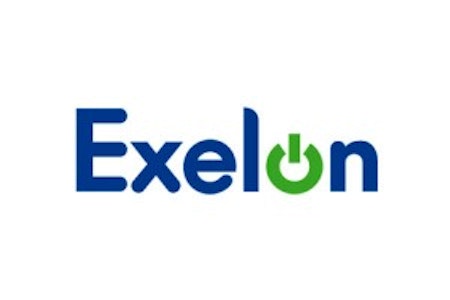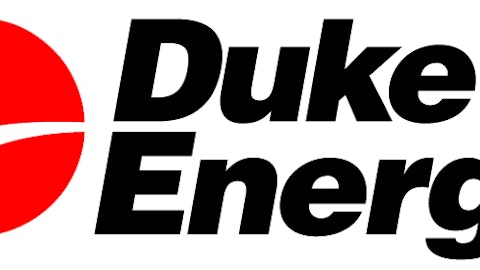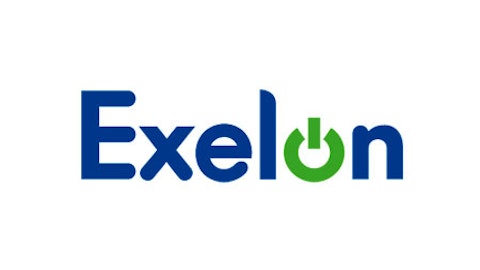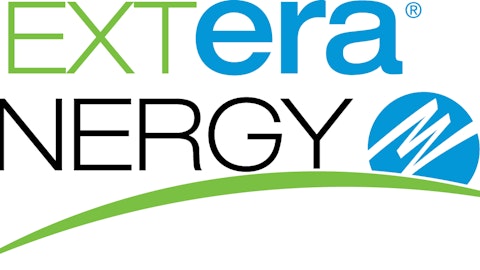
How bad is it?
Exelon Corporation (NYSE:EXC) is the largest nuclear energy producing company in the U.S. Thus, it’s easy to gauge that falling natural gas prices affected the company badly. Nuclear plants are capital intensive, and the way in which their reactors work, it isn’t easy to stop production whenever it’s desirable. On the other hand, setting up natural gas plants is less capital intensive, and with low natural gas prices, electricity production cost was at its all time low, making things worse for Exelon Corporation (NYSE:EXC).
Exelon was further affected by lower capacity prices broadcasted in May. This announcement also does not bode well for the company. The increase in the price of power is low due to simple economics: increased supply because of more competition from new gas-fired generation, and waning demand due to little increase in demand for power because of the slow economy and augmented imports.
Exelon Corporation (NYSE:EXC) is affected more by weak PJM capacity prices, as it has approximately 65% of its deregulated task force positioned in the PJM grid area. PJM now receives more power supply from the nearby grids, which rules out the need for new power plants in that area. That means lower capacity revenue for the deregulated power generators like Exelon in that area.
As I mentioned earlier, utility stocks remain attractive as long as they yield high dividends, but as bond yields increase, it will negatively affect utility companies. Bonds just return a fixed interest income with minimal chance of loss of capital, and as Exelon has depreciated significantly over the last four years, it makes sense that people would prefer investing in bonds. Currently, the 10-year bond yield stands at 2.55% compared to 1.63% in May, making bonds, in general, more attractive.
Into the numbers
As utilities are known for impressive dividends, Exelon Corporation (NYSE:EXC) is doing fairly well in that regard, as it is currently yielding about 4%. However, it is comparatively lower than what other players in the industry are yielding. PPL Corporation (NYSE:PPL) currently has the best yield of 4.8%, followed by The Southern Company (NYSE:SO) and Duke Energy Corp (NYSE:DUK) with a dividend yield of 4.5% and 4.4%, respectively.
Although Exelon Corporation (NYSE:EXC) seems to manage a decent yield compared to its peers, when we dig a little deeper into the figures, we find it’s struggling badly to match up to its peers. Exelon currently earns a return on equity of 4.5%, while peers PPL Corporation (NYSE:PPL), Southern Company and Duke Energy Corp (NYSE:DUK) are well ahead with 13%, 11% and 7% return, respectively. Further, Exelon’s profit margins are at its all time low at 4%, while on the other hand PPL Corporation (NYSE:PPL), The Southern Company (NYSE:SO) and Duke Energy Corp (NYSE:DUK) have maintained strong profit margins of 13%, 12%, and 10% respectively.
What to expect from competition
Exelon Corporation (NYSE:EXC) is concentrated more towards nuclear energy, while PPL is concentrating on natural gas and wind energy for its power generation. And with natural gas prices at all time lows, the company has benefited a lot. As the demand for regulated electricity supply is improving, PPL has won several major regulatory contracts in the U.S. and U.K. in the last couple of years that have improved its position.
Further, as the government is encouraging the use of renewable source of energy, PPL is moving more into clean and renewable energy with its hydroelectric expansion project in Montana, which boosted its capacity by 70% of its current renewable energy generation capacity. PPL is, no doubt, going strong, and with its second quarter earnings report coming soon, I expect the analysts estimates of $2.63 billion on revenue and $0.46 EPS will not be difficult to achieve.
Duke Energy is another major player in nuclear energy production in North Carolina, South Carolina, and Florida with 11,350 MW of nuclear capacity. However, the company has a well diversified source of production through coal, oil, natural gas, nuclear and hydroelectric supplies, which have provided it with cushion when nuclear energy has been in a bit of trouble.
As things are moving towards clean sources of energy, Duke Energy has installed a coal gasification plant, which emits 70% less pollutants and 50% less carbon dioxide emission compared to traditional coal-fired plants. Moreover, if natural gas prices increase, then these coal plants will become further price-competitive.
Further, Duke Energy received rate case approval on May 30, from North Carolina Utilities commission, which allows an increase in rates of $178.7 million, or 5.5% increase on average for all customers. Despite the increase in approved rate, its rates will remain below the national average, so we should see the increase as a recovery of investments already made to modernize the system.
Final words
Currently, in terms of dividend or return in the form of appreciation, Duke Energy and PPL seem to be better choices than Exelon Corporation (NYSE:EXC) with their diversified energy production options. Among Duke Energy and PPL, I would rate the former as a better investment with a long term earnings growth rate of 4%-6%.
The article Should Investors Buy This Utility Company? originally appeared on Fool.com and is written by tarun bachhawat.
tarun bachhawat has no position in any stocks mentioned. The Motley Fool recommends Exelon. tarun is a member of The Motley Fool Blog Network — entries represent the personal opinion of the blogger and are not formally edited.
Copyright © 1995 – 2013 The Motley Fool, LLC. All rights reserved. The Motley Fool has a disclosure policy.




